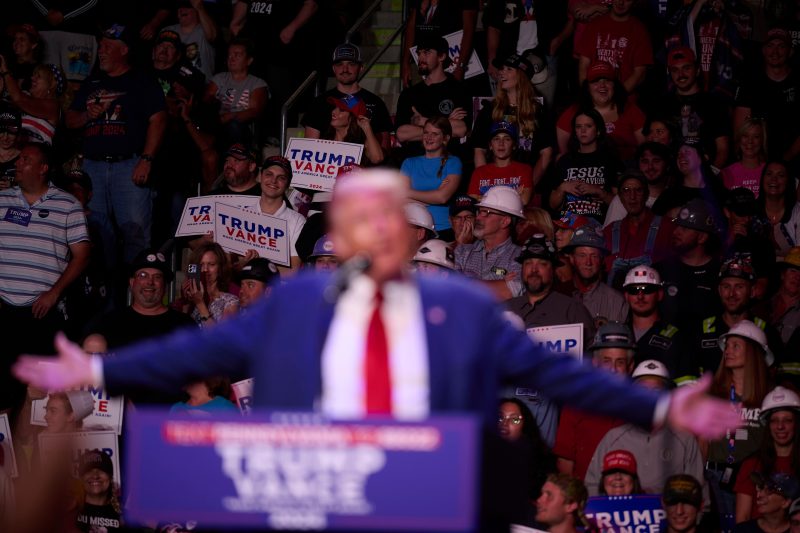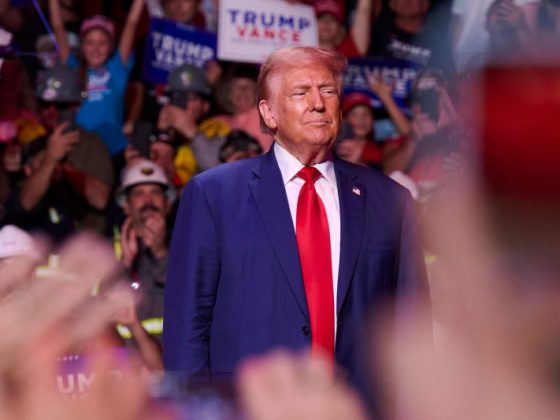Trump’s controversial pledge to deport legal immigrants has stirred the proverbial hornet’s nest, evoking sharp criticisms from across various quarters. This vow not only ignites the issue of discrimination but additionally poses several economic and social repercussions. It is toxic in more ways than one as it instills a psyche of division, instigates economic turbulence and takes a toll on the global standing of the United States.
Firstly, it has to do with the challenge of diversity and unity. The United States, renowned as the land of opportunities, has been a beacon of hope for immigrants worldwide. Its melting pot culture is a testament to its embrace of diversity, an attribute immensely contributing to its richness. The pledge to deport legal immigrants, hence, evokes a divide-and-rule psychology, undermining the country’s long-standing principle of unity in diversity. It may lead to an atmosphere of fear and insecurity among legal immigrants who have been contributing significantly to the nation’s progress. Traces of intolerance and discrimination could surface, giving rise to considerable racial tension and societal unrest.
Economically, the pledge would result in several harmful implications. Economic studies show that immigrants have a net-positive impact on the American economy, boosting productivity and increasing innovation. Many are involved in labor-intensive sectors where the native-born are underrepresented. Removing them abruptly might lead to labor market disruptions, driving many sectors into disarray. It would hurt economic stability, impinge growth, and adversely affect the local job market.
Moreover, Trump’s pledge is more than just a domestic policy, it has substantial implication on the international stage. The United States’ reputation as a nation that embraces immigrants has long been a source of soft power. The abrupt shift in policy could tarnish that reputation. It might send a negative signal that the United States is shutting its doors and isolating itself, which could affect its relationships with other countries and international organizations.
The pledge also underpins an undermining of due process in relation to legal immigrants. By pledging to deport them, it would imply that, regardless of their adherence to laws and procedures, they remain vulnerable to deportation. By dismissing their legal status, it chips away at the fundamental principle of equality before the law, setting a worrying precedent for undermining the rule of law.
In health and social care, there is potential harm too. The pledge could dissuade legal immigrants from seeking medical help due to fear of deportation, further snowballing into public health issues. The fear may also deter them from reporting crimes, making neighborhoods less safe.
Trump’s pledge to deport legal immigrants hence emerges as a toxic proposition which, if implemented, breeds social divisiveness, creates economic upheaval, tarnishes the global image of the U.S., undermines the rule of law, and impacts public health and safety. It’s a policy that disquiets not just the immigrants, but the entire nation and the world at large. Not to mention how it neglects the traditions of America as a nation of immigrants, built and developed by diversities converging on its land from across the globe. It is indeed essential for any immigration reform to be comprehensive and consider all societal, economic, and international implications carefully.











